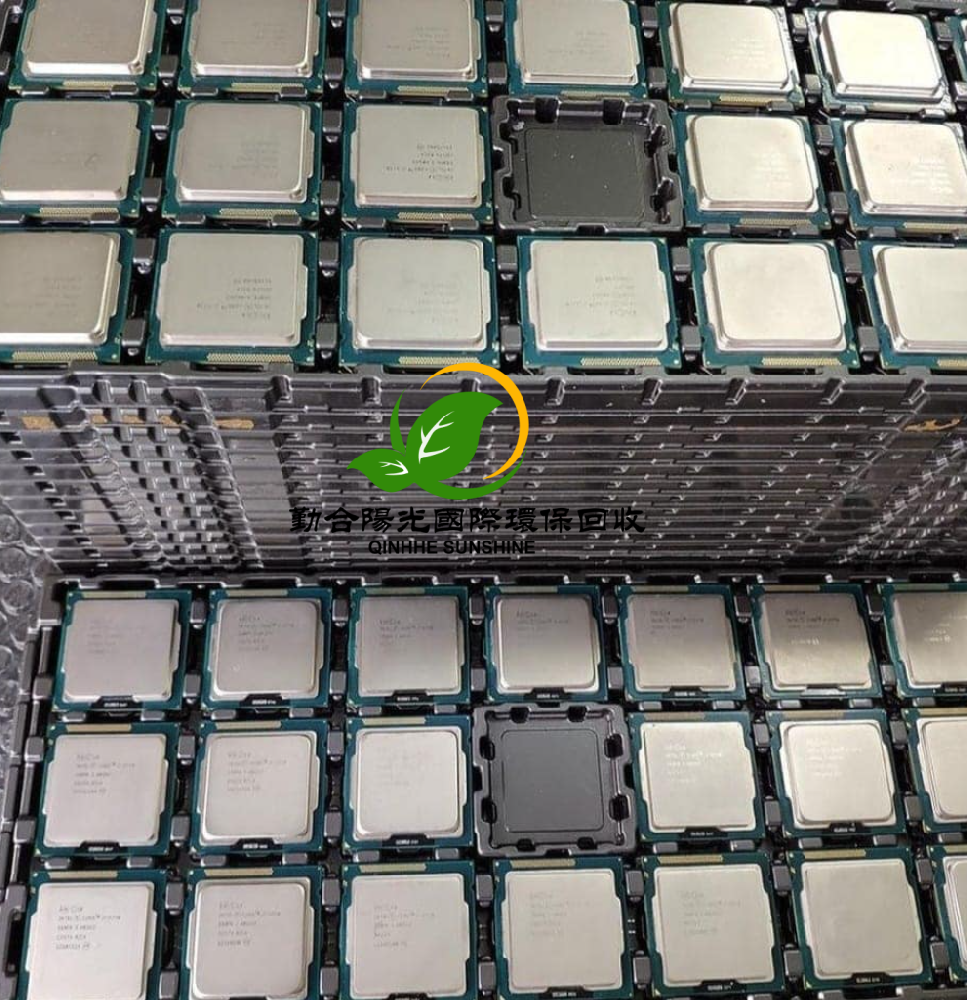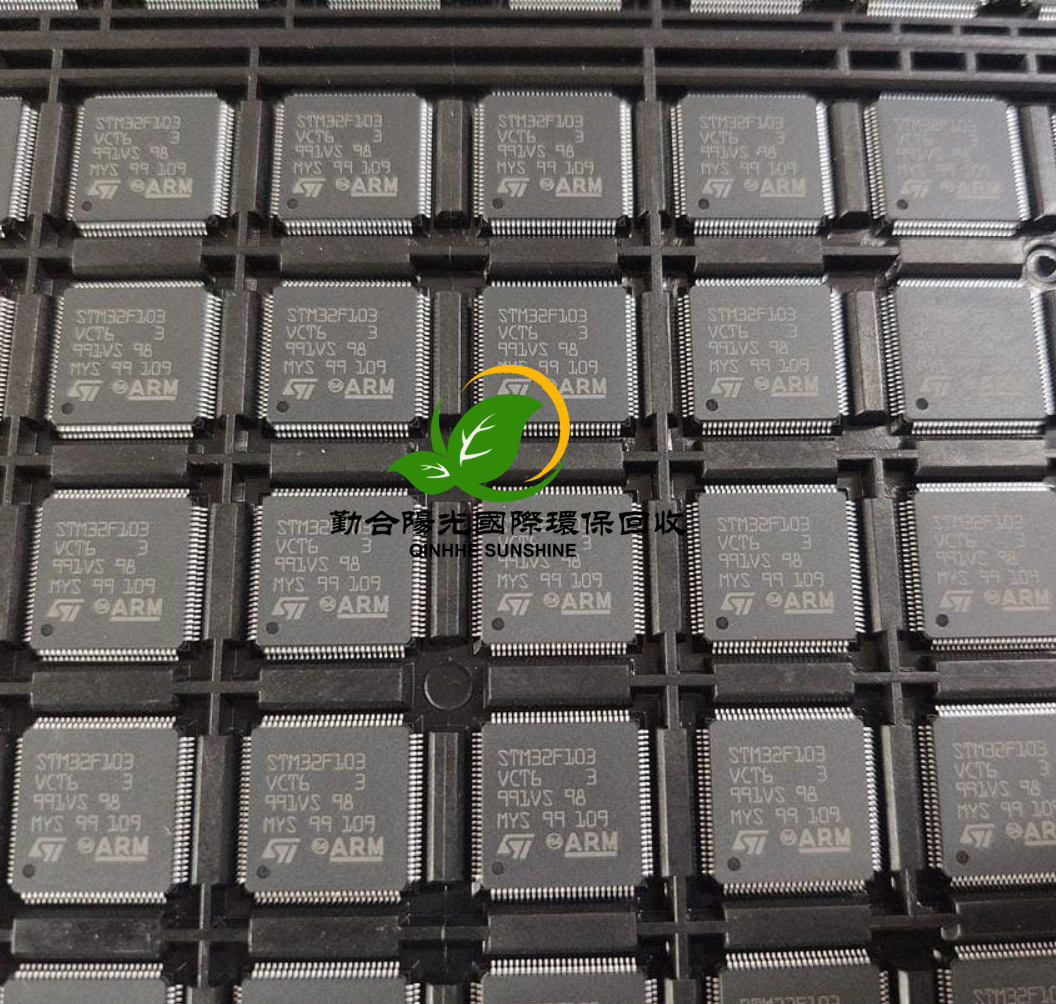Chip Recycling: The Cornerstone of the Digital Age
The chip, a silicon wafer no larger than a fingernail, has become the core driving force behind the progress of human civilization. From smartphones to supercomputers, from household appliances to spacecraft, chips are everywhere. They have not only changed the way we live but also reshaped the entire operating mode of society.
I. The Evolution of Chip Technology
Moore's Law has been guiding the development of the chip industry for more than 50 years, with the number of transistors doubling every 18 months. Breakthroughs in 7-nanometer and 5-nanometer manufacturing processes have continuously improved chip performance. Innovative technologies such as 3D packaging and chiplet are breaking through the limitations of traditional manufacturing processes. New computing architectures such as quantum chips and photonic chips have opened up new directions for chip development.
II. The Application Revolution of Chips
In the field of communication, 5G chips enable high-speed and low-latency transmission; in the field of artificial intelligence, dedicated AI chips provide powerful computing power; in the field of automotive electronics, automotive-grade chips drive the development of intelligent driving; in the field of the Internet of Things, low-power chips connect everything. The application of biochips in medical diagnosis has even ushered in a new era of precision medicine.
III. The Future of the Chip Industry
The global chip industry is undergoing profound changes, and the reconstruction of the industrial chain is accelerating. The coordinated advancement of material innovation, architectural innovation, and design innovation is driving chips to develop towards higher performance, lower power consumption, and smaller size. The rise of the open-source chip ecosystem is changing the traditional chip development model.
Chip technology is still developing rapidly, and its application boundaries are constantly expanding. As the cornerstone of the digital age, chips will continue to drive technological innovation, empower industrial upgrading, and change human life. Facing new opportunities and challenges, the chip industry needs continuous innovation to provide stronger impetus for the progress of human society.
Chip Recycling: The "Urban Mine" in Electronic Waste
Electronic waste has become the fastest-growing solid waste globally. Among them, discarded chips are known as the "urban mine" because they contain precious metals such as gold, silver, and palladium. Chip recycling is not only related to the reuse of resources but also an inevitable choice for environmental protection.
I. The Value and Challenges of Chip Recycling
The gold content on a discarded mobile phone motherboard is dozens of times that of gold ore, and the value of precious metals contained in the electronic waste generated globally each year is as high as tens of billions of dollars. However, chip recycling faces problems such as high technical thresholds and large recycling costs. The traditional pyrometallurgical recycling process has high energy consumption and large pollution, while the hydrometallurgical recycling has problems such as low efficiency and difficult wastewater treatment.
II. Technological Innovation in Chip Recycling
Biological metallurgy technology uses microorganisms to leach metals, which has low energy consumption, small pollution, and a recovery rate of over 95%. Supercritical fluid extraction technology uses supercritical carbon dioxide as a solvent to achieve green and efficient recycling. Automated disassembly robots can accurately separate chip components, improving the recycling efficiency. These innovative technologies are changing the landscape of the chip recycling industry.
III. Building a Chip Recycling Industry Chain
Establishing a complete recycling system requires the collaborative effect of policy support, technological innovation, and market mechanisms. The EU's WEEE Directive requires electronic product manufacturers to assume recycling responsibilities, and Japan has implemented the Home Appliance Recycling Law to establish a recycling network. China should also accelerate the legislative process, improve the recycling system, and promote the industrial development of chip recycling.
Chip recycling is an important part of the circular economy and requires technological innovation, policy support, and public participation. By building a complete recycling system, we can not only tap the "urban mine" from electronic waste but also contribute to environmental protection and sustainable development.
我的WhatsApp:69536972-郵箱:martin.hyq88@gmail.com


 繁體中文
繁體中文 简体中文
简体中文 English
English




 咨询热线
咨询热线 公司邮箱
公司邮箱 地址导航
地址导航

